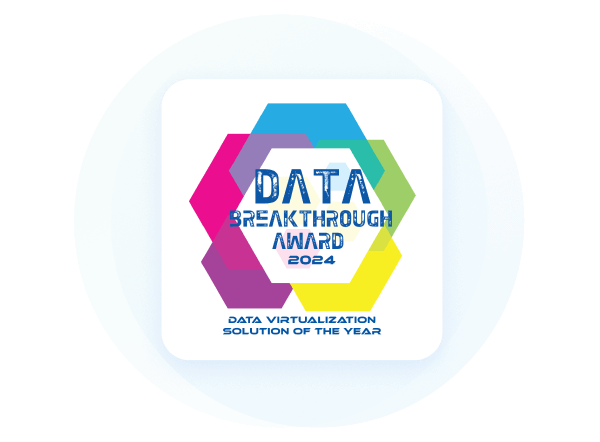Discover how a bimodal integration strategy can address the major data management challenges facing your organization today.
Get the Report →How to use SQLAlchemy ORM to access Trello Data in Python
Create Python applications and scripts that use SQLAlchemy Object-Relational Mappings of Trello data.
The rich ecosystem of Python modules lets you get to work quickly and integrate your systems effectively. With the CData Python Connector for Trello and the SQLAlchemy toolkit, you can build Trello-connected Python applications and scripts. This article shows how to use SQLAlchemy to connect to Trello data to query Trello data.
With built-in optimized data processing, the CData Python Connector offers unmatched performance for interacting with live Trello data in Python. When you issue complex SQL queries from Trello, the CData Connector pushes supported SQL operations, like filters and aggregations, directly to Trello and utilizes the embedded SQL engine to process unsupported operations client-side (often SQL functions and JOIN operations).
Connecting to Trello Data
Connecting to Trello data looks just like connecting to any relational data source. Create a connection string using the required connection properties. For this article, you will pass the connection string as a parameter to the create_engine function.
Trello uses token-based authentication to grant third-party applications access to their API. When a user has granted an application access to their data, the application is given a token that can be used to make requests to Trello's API.
Trello's API can be accessed in 2 different ways. The first is using Trello's own Authorization Route, and the second is using OAuth1.0.
- Authorization Route: At the moment of registration, Trello assigns an API key and Token to the account. See the Help documentation for information on how to connect via the Authorization route.
- OAuth Route: Similar to using Authorization, OAuth creates an Application Id and Secret when you create your account. See the Help documentation for information on how to to connect.
Follow the procedure below to install SQLAlchemy and start accessing Trello through Python objects.
Install Required Modules
Use the pip utility to install the SQLAlchemy toolkit and SQLAlchemy ORM package:
pip install sqlalchemy
pip install sqlalchemy.orm
Be sure to import the appropriate modules:
from sqlalchemy import create_engine, String, Column
from sqlalchemy.ext.declarative import declarative_base
from sqlalchemy.orm import sessionmaker
Model Trello Data in Python
You can now connect with a connection string. Use the create_engine function to create an Engine for working with Trello data.
NOTE: Users should URL encode the any connection string properties that include special characters. For more information, refer to the SQL Alchemy documentation.
engine = create_engine("trello:///?APIKey=myApiKey&Token=myGeneratedToken&InitiateOAuth=GETANDREFRESH&OAuthSettingsLocation=/PATH/TO/OAuthSettings.txt")
Declare a Mapping Class for Trello Data
After establishing the connection, declare a mapping class for the table you wish to model in the ORM (in this article, we will model the Boards table). Use the sqlalchemy.ext.declarative.declarative_base function and create a new class with some or all of the fields (columns) defined.
base = declarative_base()
class Boards(base):
__tablename__ = "Boards"
BoardId = Column(String,primary_key=True)
Name = Column(String)
...
Query Trello Data
With the mapping class prepared, you can use a session object to query the data source. After binding the Engine to the session, provide the mapping class to the session query method.
Using the query Method
engine = create_engine("trello:///?APIKey=myApiKey&Token=myGeneratedToken&InitiateOAuth=GETANDREFRESH&OAuthSettingsLocation=/PATH/TO/OAuthSettings.txt")
factory = sessionmaker(bind=engine)
session = factory()
for instance in session.query(Boards).filter_by(Name="Public Board"):
print("BoardId: ", instance.BoardId)
print("Name: ", instance.Name)
print("---------")
Alternatively, you can use the execute method with the appropriate table object. The code below works with an active session.
Using the execute Method
Boards_table = Boards.metadata.tables["Boards"]
for instance in session.execute(Boards_table.select().where(Boards_table.c.Name == "Public Board")):
print("BoardId: ", instance.BoardId)
print("Name: ", instance.Name)
print("---------")
For examples of more complex querying, including JOINs, aggregations, limits, and more, refer to the Help documentation for the extension.
Free Trial & More Information
Download a free, 30-day trial of the CData Python Connector for Trello to start building Python apps and scripts with connectivity to Trello data. Reach out to our Support Team if you have any questions.






